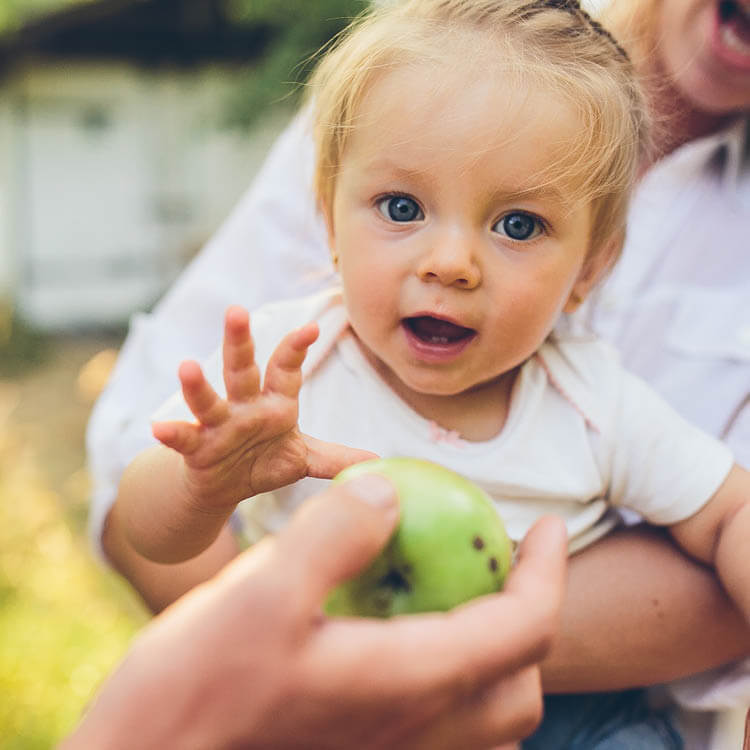Meningococcal disease
Meningococcal disease is caused by the bacteria Neisseria meningitidis, or 'meningococcus'. It is an uncommon but very serious disease that can result in death if not recognised and treated quickly.
Meningococcal disease can present as meningitis (infection in the fluid surrounding the brain), septicaemia (blood poisoning which can damage the organs of the body), or a combination of both.
While most people will recover from meningococcal disease, around 10% of cases are fatal, and between 10-30% of surviving children and adolescents are left with brain injury and/or deafness, severe scarring or amputated limbs.
Babies and young children less than 5 years old, teenagers and young adults have the highest risk of contracting meningococcal disease.
Meningococcal variants
There are 13 known variants, or serotypes, of meningococcus,although only 5 of these are known to cause disease - A, B, C, W and Y. The proportion of serotypes found in the community can vary depending on the season and location. MenC was previously the most common serotype seen in Australia. Now MenB and MenW are the most common. MenA and MenY serotypes are rare in Australia.
The important feature of meningococcal serotypes is that they are just different enough to trick our immune system into thinking they are not the same bacteria. This means that if you have immunity to one serotype (e.g. MenC), you won't be protected against the other serotypes. It also means that each serotype requires its own vaccine.
The proportion of circulating meningococcal serotypes is different in WA than in the rest of Australia. The most recent data showed that 75% of meningococcal disease is caused by MenW, followed by MenB and MenY.
Meningococcal vaccines
Vaccination against meningococcus is the most effective way to prevent disease. 
There is no single vaccine that protects against all serotypes of meningococcus, but there are vaccines available against all the disease-causing meningococcal serotypes.
All babies are now offered a free Meningococcal ACWY vaccination when they turn 12 months old. This replaces the infant MenC vaccine program introduced in 2003, which resulted in a marked decline in this strain of the disease but did not cover multiple strains. The WA Government is also providing the ACWY vaccine to children and teenagers in certain age brackets, and more information about this is listed in the ACWY vaccine program information below.
All the meningococcal vaccines currently available have been evaluated by the Therapeutic Goods Administration (TGA), and are safe to use in the recommended age groups.
The ACWY vaccine program
In response to the concerns about the recent increase in MenW meningococcal disease, the WA Government has announced that all Western Australian children aged one to four years will have access to a free meningococcal ACWY vaccine in 2018. The vaccine provides protection against the A, C, W and Y serotype, and parents should contact their local GP or Child Health Clinic to schedule an appointment for their child.
The WA, NSW and Victorian governments also provided the ACWY vaccine free to teens and young adults aged 15-19 thoughout 2017 and will continue to vaccinate students entering Year 10. This age group is targeted because many cases of meningococcal disease occur in older teens and young adults, and by vaccinating the group who are more likely to carry the bacteria, it is expected that the majority of MenW type bacteria circulating in the community will be eliminated, reducing the risk of infection for everyone.
For more information about the ACWY vaccinations being provided, please see the WA Department of Health website.
